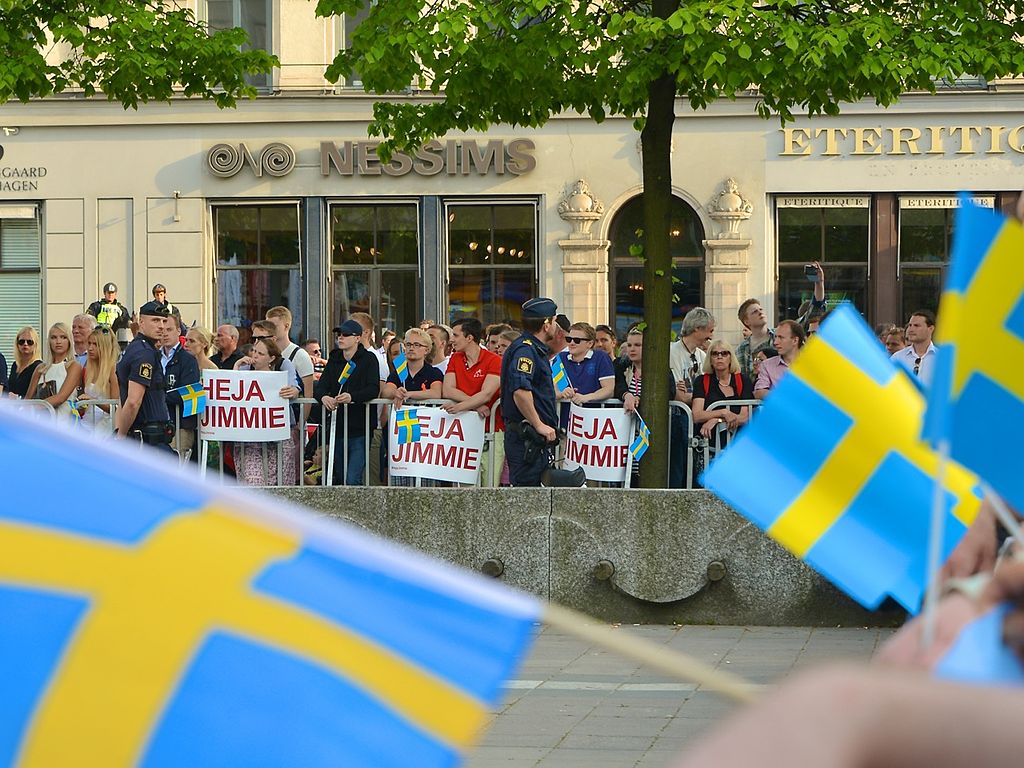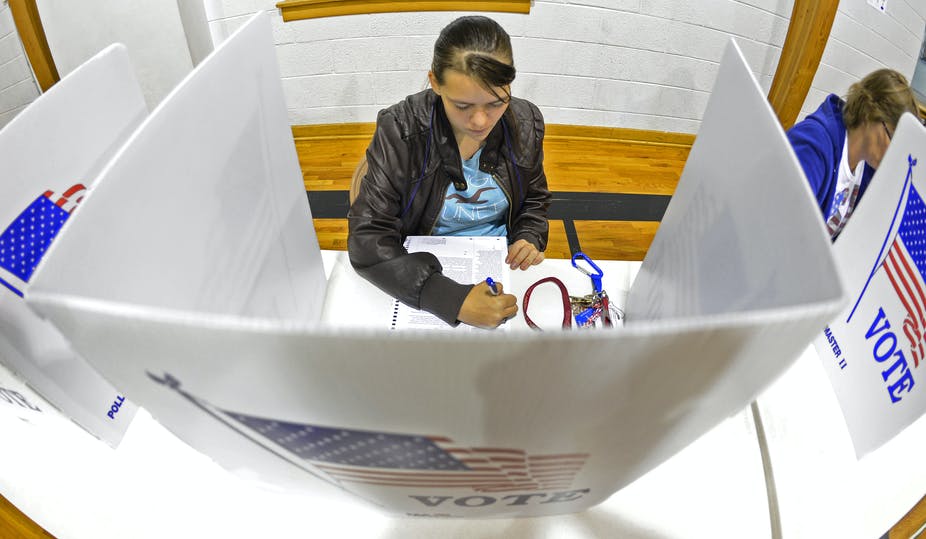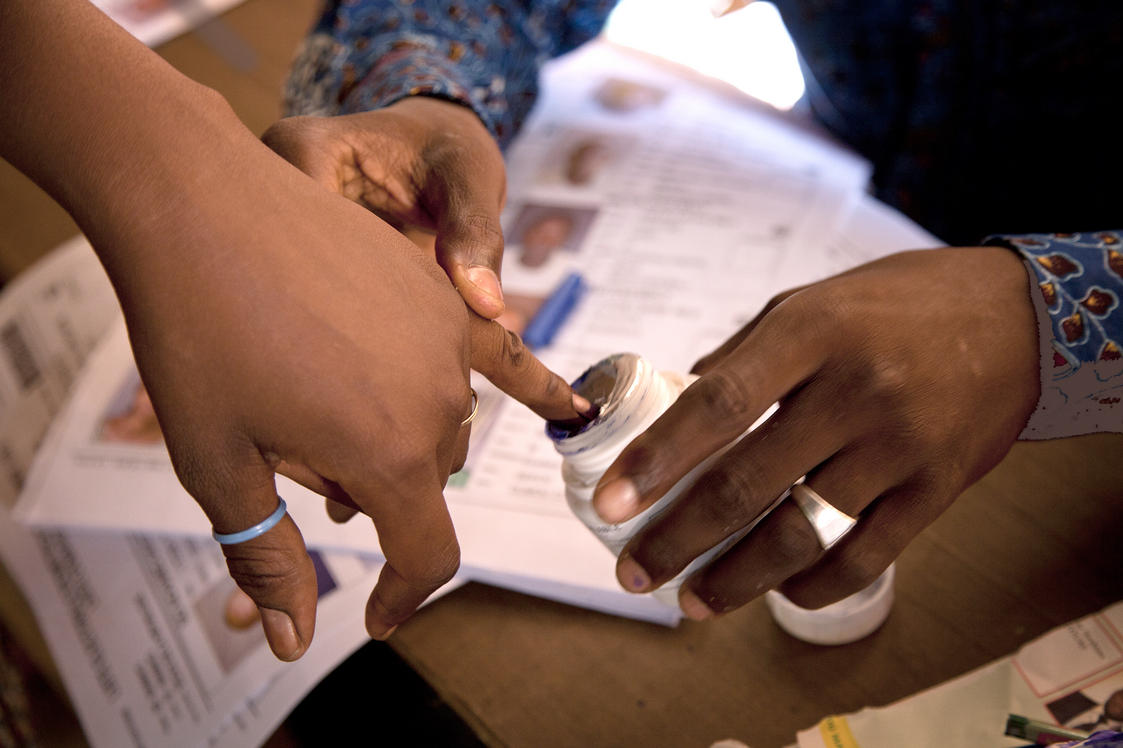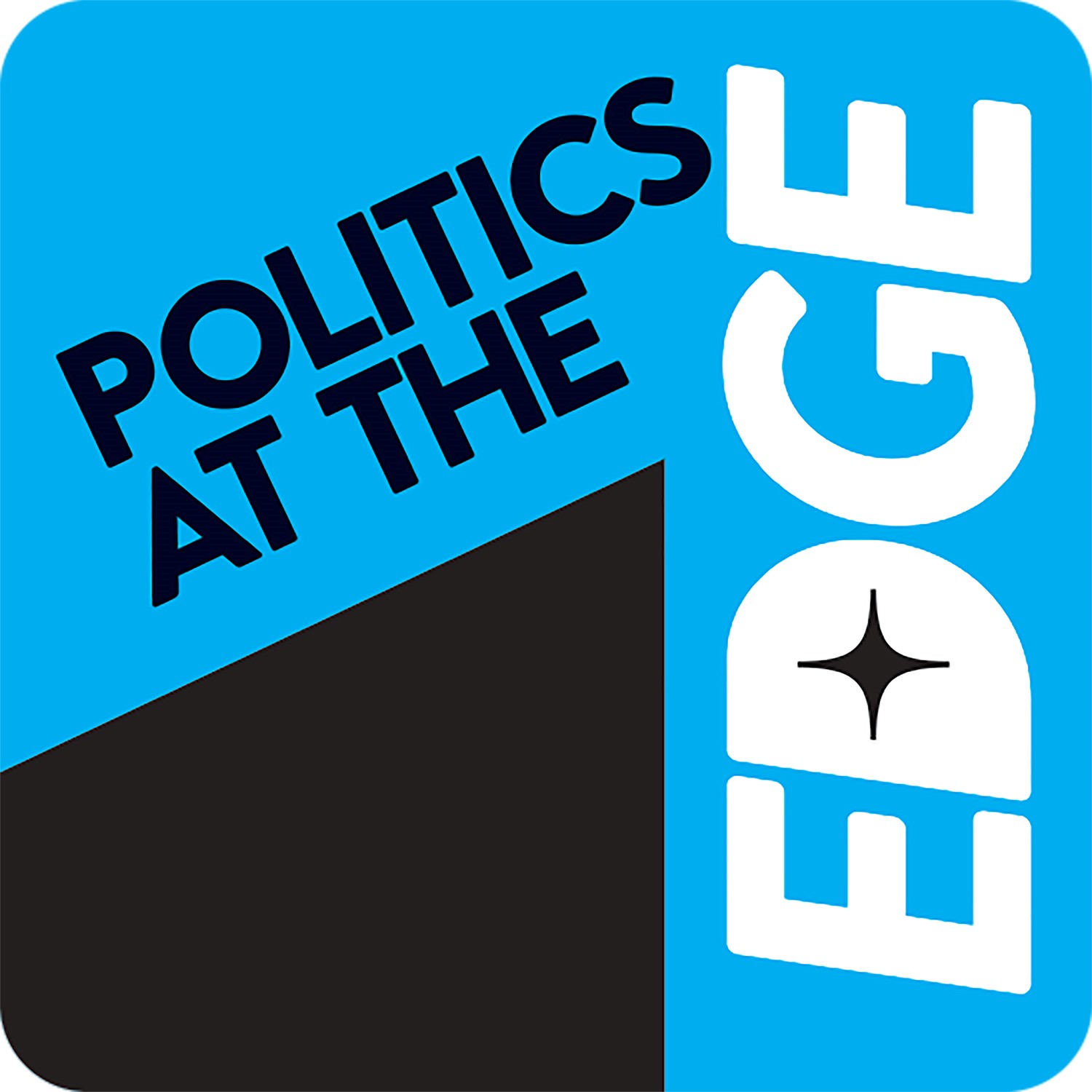Dr Johan Franzén reflects on the rise of the far-right Swedish Democrats in Sunday’s elections.
The Swedish elections on Sunday night saw the right-wing, xenophobic Sweden Democrats (Sverigedemokraterna) win 13% of the votes. This follows a wider Scandinavian – and northern European – trend where previously suspect political groupings have gained democratic acceptance and popular support. In Denmark, the Danish People’s Party (Dansk Folkeparti) has been the trailblazer. Even though experiencing its first electoral decline in the 2011 elections, it still remains the third largest part on 12%. In Norway, there is also an established xenophobic party in the Progress Party (Fremskrittspartiet). Although originally established more as an anti-establishment party, it has gradually made immigration its core issue. Since the 1990s, the Progress Party has been the second largest party in Norway, and following the 2013 elections it forms part of a coalition government. In Finland, the True Finns, now rebranded as the Finns’ Party (Perussuomalaiset), won 19% of the vote in the 2011 parliamentary elections – making it the third largest party. In France, the Front National has been a thorn in the side of the establishment for decades, recently winning almost 25% of the vote in the 2014 European elections. In Britain, UKIP was equally successful in the same election, winning 27% of the vote.
The success of the Sweden Democrats came almost exclusively at the cost of the ruling Moderate Party, led by Prime Minister Fredrik Reinfeldt (who announced his resignation both from the premiership and the party leadership upon hearing the result). The Sweden Democrats had made a gain from the previous election of nearly 7%, while the Moderates had lost almost 7%. The remaining parties were all within a percentage point of the result from the previous election – with the exception of Feminist Initiative (Feministiskt Initiativ), a radical feminist movement led by the former Left Party leader Gudrun Schyman, which made a gain from 0.4% to 3.1% but still fell short of the 4% threshold. It is thus clear that most of the Sweden Democrats’ newly won support comes not from the traditional working class, but from the established middle classes who used to vote for the Moderate Party.
However, while this election result indeed is unprecedented it is important to remember that the previous elections in 2010 had been one of the best ever results for the Moderate Party, winning 30% of the vote. Traditionally, the Moderates would come in just above or below 20% (in fact, in 2002 it won only 15% of the vote). Over the last eight years, the Moderate Party has led the so-called Alliance of centre-right and right-wing parties, winning two successive elections in 2006 and 2010. The smaller parties in this coalition, the People’s Party (Folkpartiet), the Centre Party (Centerpartiet) and the Christian Democrats (Kristdemokraterna) have all lost votes in the process – the People’s Party from a historic high of 13% in 2002 to 5.5% in 2014, the Centre Party from almost 8% in 2006 to 6% in 2014, and the Christian Democrats from 9% in 2002 to a mere 4.6% in 2014. In this election, though, the electorate sent a clear signal that they were unhappy with the Alliance altogether – punishing the main party in such a dramatic fashion.
To my mind, the Moderates’ dramatic decline can be explained almost entirely by the policy of the Alliance – and Prime Minister Reinfeldt’s own views – on immigration. While there has been growing resentment towards neo-liberal privatisation of schools, care for the elderly and a general dismantling of the welfare state, the fact that the Social Democrats and the Left Party made only negligible gains shows that in the end this was not a deal breaker (and in reality, the Social Democrats have been equally enthusiastic in the past about neo-liberal reforms). Instead, it is the policy of multiculturalism and a relatively generous immigration policy that caused the electoral backlash. While the rest of Europe closes its borders to immigrants, Sweden has continued its tradition of receiving those in need. In fact, since 2013 the Swedish Migration Board (Migrationsverket) has given – as a principle – permanent residency to all Syrians who have been granted asylum (which means practically everyone).
In the run-up to the elections, Prime Minister Reinfeldt made an impassioned speech in which he defended the Swedish tradition of receiving refugees and giving them shelter. In what was a remarkably honest and laudable move for a politician, Reinfeldt declared that the Moderates could make no election promises as there would be no money due to the imminent arrival of tens of thousands of needy refugees. From a humanitarian perspective it was a warm and heartfelt speech. From a political perspective, it was suicide. Immediately, the Sweden Democrats seized the opportunity, stating that the Prime Minister’s speech had been a gift from above. The elections would now, they declared, be a choice between keeping the welfare state and allowing mass immigration.
The immigration issue has thus finally taken root in Swedish politics, which for years looked like an island of liberal and humanitarian values in a Northern Sea of hatred, xenophobia, and illiberalism. Yet, unlike its neighbours in Denmark, Norway and Finland, Swedish politicians will resist the rise of populism. As Stefan Löfven, the leader of the Social Democratic Party – and the likely new Prime Minister – stated in his ‘victory’ speech, 87% of the Swedish people did not vote for the Sweden Democrats. This attitude epitomises Swedish politics. Despite the tradition of political bargaining that comes with proportional representation, the established parties refuse to touch the Sweden Democrats with a barge pole – even at the expense of political power. Rather than forming a minority government with support from the Sweden Democrats, the Social Democrats would rather look across the political divide and seek to include either the Centre Party or the People’s Party.
An interesting period of negotiations, bargaining, and deals thus lies ahead. But a pariah party with 49 out of 349 seats could be an insurmountable obstacle, and we might find ourselves in a situation where a new election has to be called.
Dr Johan Franzén is a Senior Lecturer at the University of East Anglia.





